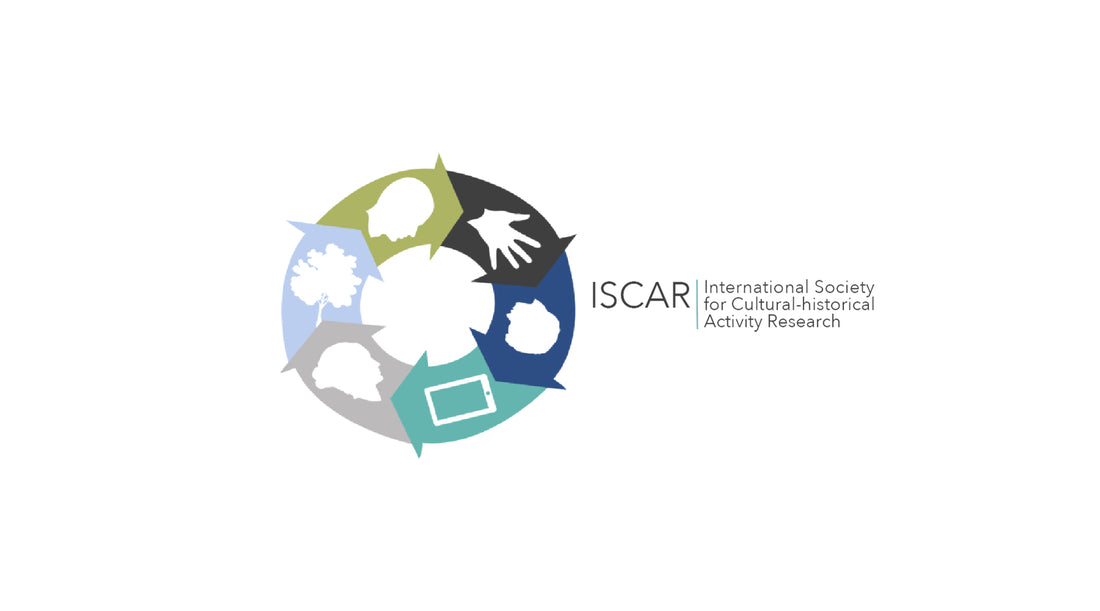
Call for manuscripts for Journal of Homosexuality
The Journal of Homosexuality seeks article-length manuscripts for an upcoming special issue on LGBTQ Muslim Experiences to be published in late 2018.
Research exploring how LGBTQ individuals develop religious and sexual identities has gained momentum in the past decade – although this work has largely focused on Judeo-Christian religions and little is known about the LGBTQ Muslim experience. However, the experiences of individuals who identify as both Islamic religious and sexual minorities deserve further attention in light of the current political climate in the United States and their increased exposure to minority stress. These changes raise questions of how LGBTQ individuals from Muslim backgrounds address questions and conflicts related to identity, community, religion and spirituality, family and health.
This special issue, therefore, seeks articles that examine contemporary sexual and gender minority experiences within Islam from both theoretical and empirical perspectives (i.e., both quantitative and qualitative), welcoming both interdisciplinary as well as multidisciplinary submissions.
Given the cultural diversity across regions, cohorts and time, it becomes challenging to universally characterize contemporary Islamic experiences regarding sexual and gender minority experience. As with most religious movements, Islam is comprised of many different denominations which rely upon varied Quranic interpretations and diverse rulings in religious law (shariah). Yet, despite extensive interdisciplinary debates regarding Islamic attitudes towards homosexuality, there is limited research focusing on the lived experiences of sexual and gender minority Muslims.
This special issue, therefore, seeks articles that examine contemporary sexual and gender minority experiences within Islam from both theoretical and empirical perspectives (i.e., both quantitative and qualitative), welcoming both interdisciplinary as well as multidisciplinary submissions. We are seeking proposals including, but not limited to, the following topics (in no particular order): religion and spirituality, coming-out growth, stress related growth, identity development, identity conflict, conflict mediation, minority stress, social justice, community and individual development, familial acceptance/rejection, as well as issues addressing mental and physical health within sexual and gender minority Muslims.
Submission Guidelines
Detailed abstract proposals of 750 to 1,500 words should be sent to the special issue editors, Chana Etengoff, Ph.D., Department of Psychology, Barnard College & Eric M. Rodriguez, Ph.D., Department of Social Sciences, New York City College of Technology at LGBTQMuslimsJOH@gmail.com by April 1st, 2017. Proposals should articulate the issue to be explored, the approach the author intends to use, and the relationship of the article to the special issue. Authors invited to submit their complete article for peer-review will be notified by June 12, 2017. Draft manuscripts will be due by November 20, 2017, and should not exceed 40 pages in length, including references, notes, and figures.
Each manuscript must be accompanied by a statement that it has not been published elsewhere and that it has not been submitted simultaneously for publication elsewhere. Authors are responsible for obtaining permission to reproduce copyrighted material from other sources and are required to sign an agreement for the transfer of copyright to the publisher. All accepted manuscripts, artwork, and photographs become the property of the publisher.
All parts of the manuscript should be double-spaced with margins of at least one inch on all sides. Authors should number manuscript pages consecutively throughout the paper and should supply a shortened version of the title suitable for the running head, not exceeding 50 character spaces, as well as an introductory note with authors’ academic degrees, professional titles, affiliations, mailing and e-mail addresses, and any desired acknowledgement of research support or other credit. Each article should be summarized in an abstract of no more than 100 words. Avoid abbreviations, diagrams, and reference to the text in the abstract.
References, citations, and general style of manuscripts should be prepared in accordance with the APA Publication Manual,6th edition. Cite in the text by author and date (Smith, 1983) and include an alphabetical list at the end of the article.
Illustrations submitted (line drawings, halftones, photos, photomicrographs, etc.) should be clean originals or digital files. Digital files are recommended for highest quality reproduction and should follow these guidelines:
• 300 dpi or higher
• Sized to fit on journal page
• EPS, TIFF, or PSD format only
• Submitted as separate files, not embedded in text files
Tables and figures (illustrations) should not be embedded in the text, but should be included as separate sheets or files. A short descriptive title should appear above each table with a clear legend and any footnotes suitably identified below. All units must be included. Figures should be completely labeled, taking into account necessary size reduction. Captions should be typed, double-spaced, on a separate sheet.
Editorial information
Editor-in-Chief: John Elia, PhD, San Francisco State University (jpelia[at]sfsu.edu)
Special Issue Guest Editor: Chana Etengoff, PhD, Barnard College (LGBTQMuslimsJOH[at]gmail.com )
Special Issue Guest Editor: Eric M. Rodriguez, PhD, New York City College of Technology(LGBTQMuslimsJOH[at]gmail.com)
